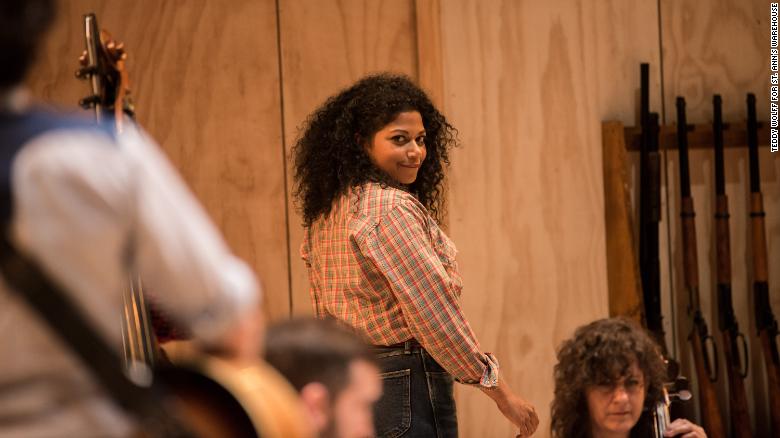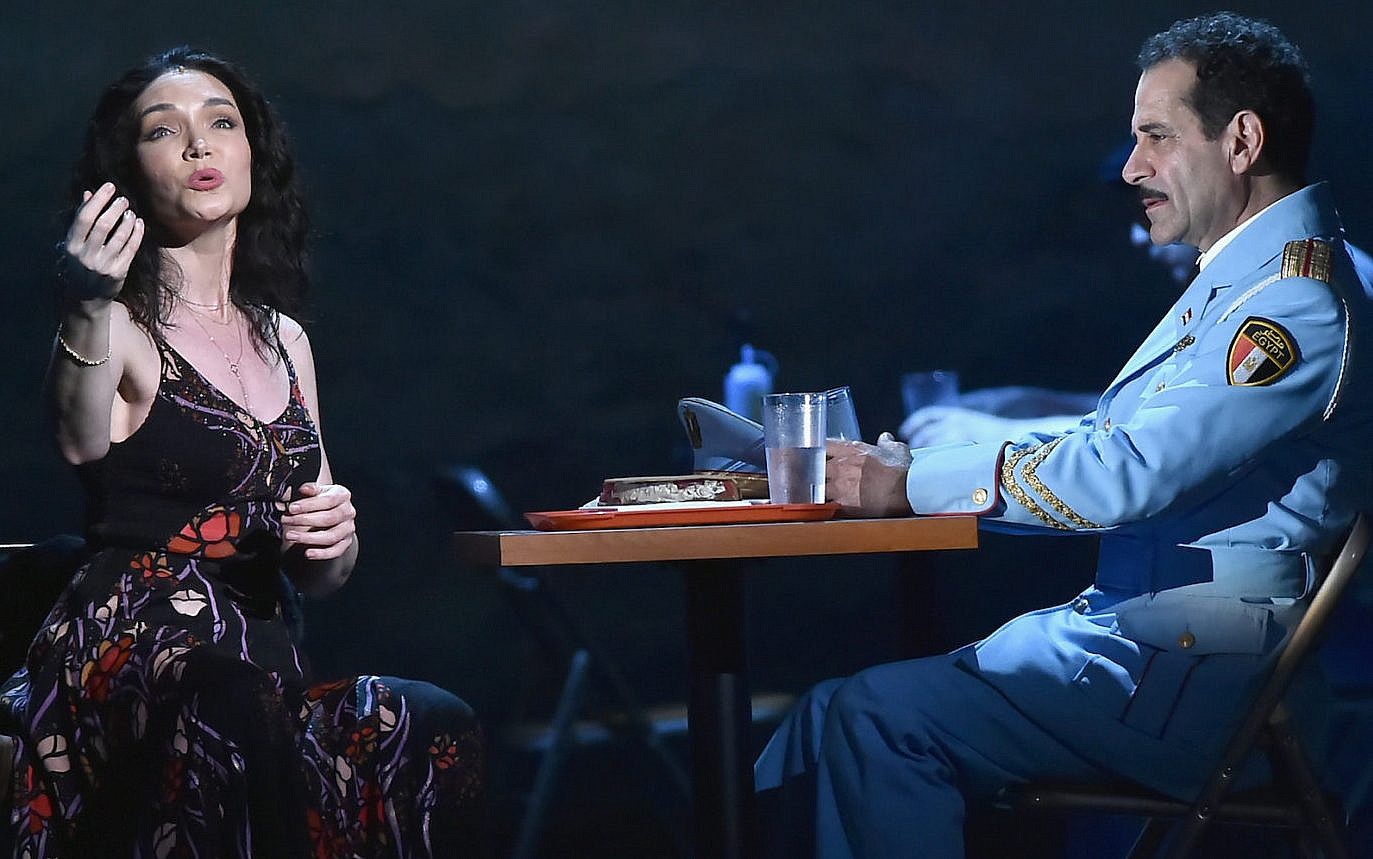I don’t like memes, generally. And the recent round about musicals you hate, love, cherish, etc. encourages a certain level of thoughtlessness. People think for two seconds, come up with a title, move on to the next question: the very opposite of considered conversation. I’m grateful that some people offered explanations, or objected to the “musical I hate” question because every bad musical involved a serious effort to create an entertainment.
Sometimes I forget I have a blog. I can take my time and relate why I’m saying what I’m saying. Besides loving musicals, I obviously love talking about musicals, so I’ll use that meme as a point of departure.
MY FAVORITE MUSICAL is How To Succeed In Business Without Really Trying. Every scene and every song makes me laugh. Done correctly, it is not without heart. “Comedy is hard,” said the dying man, and I’ve a lot of admiration for shows that successfully target the funny bone. If I’m laughing, I’m often distracted from flaws. So, all these years later, I can nitpick away at The Producers, The Book of Mormon or The Drowsy Chaperone. But when I saw them, I guffawed for two hours and that’s no small accomplishment.
Seems a good time to mention some off-Broadway musical comedies you’ve probably never heard of: Das Lusitania Sonspiel and From the Hip. The latter was about Siamese twins in show business, a premise that should ONLY be treated comedically.
MUSICAL THAT MADE ME FALL IN LOVE WITH MUSICALS inspires me to recall my earliest experiences. I remember a foot-wide circle of vinyl in a fancy font sleeve(pink on black!) and when the needle hit it, a very weird, very low woman’s voice came out and I thought I was hearing someone in her nineties. “I have always been a woman who arranges things for the pleasure and the profit it derives. I have always been a woman who arranges things, like furniture and daffodils… and lives.” Turns out I was hearing a woman who’d go on to live until a couple weeks short of her 98thbirthday this year, Carol Channing. Hello Dolly’s cast album may have started the ball rolling but another Jerry Herman show was my first time in a Broadway theatre, Mame. Before that, I’d seen H.M.S. Pinafore, Brigadoon and the first version of Young Abe Lincoln. This last one ends with the tall man in the stovepipe hat deciding to run for Congress. Interesting that it’s an origin story, retelling none of the events we get from history class. You don’t want to tell an audience something it already knows.
MUSICAL I COULD LISTEN TO ON REPEAT The Most Happy Fella is the masterpiece of Frank Loesser, who also wrote the score to my favorite musical (see above) and the far better-known Guys and Dolls. This three-album set (can you imagine such a thing?) is so emotional an experience, it doesn’t matter how many times I’ve heard it, I still cry buckets of tears. I’m a firm believer that we all need catharsis in our lives, and I don’t care if I have to flip over six sides again and again to get it.
MUSICAL I THINK IS OVERRATED: I’m completely puzzled that anyone sits through The Last Five Years and says “That was good.” A turntable carries a woman who proceeds to pity herself for four and a half minutes. She’s sad about a relationship that’s ended and I’m not. I’m feeling nothing but boredom. But the turntable then caries her away and some Latin music enlivens the proceedings. And a man sings an unfunny comedy song about a girl who isn’t Jewish. I’m looking at the exit. The revolve revolves again and we continue to get solos with catchy tunes. Was it too much to expect that a two-character musical contain duets? Or actions leading to consequences? Eventually, you figure out that the woman’s songs go backwards in time while the guy’s go forward and the only duet is when they meet in the middle. But I never figured out why Latin music was chosen. Or that reggae. Educate me.
MUSICAL I THINK IS UNDERRATED: My mother and father each loved musicals that nobody else seems to love. Mom was much taken with Fanny, an extraordinarily passionate love story set in a French port town. The record has some off-putting half-songs and shanties, but there’s also Be Kind To Your Parents, which sort of characterizes this paragraph. While Dad was never a fan of Jackie Gleason, he loves Take Me Along, which manages to wrest traditional Broadway entertainment out of an O’Neill play. Neither of these has a good opening number, but both were produced by David Merrick, who also mounted :format(jpeg):mode_rgb():quality(40)/discogs-images/R-7780687-1448666881-6132.jpeg.jpg) Hello Dolly. Say what you will about him, the man had taste.
Hello Dolly. Say what you will about him, the man had taste.
Speaking of family, my niece just directed a college production of The Apple Tree, another under-appreciated gem.
MUSICAL I HATE Any show that didn’t spring from songwriters and script-writers sitting down together to tell a story. If you choose to repurpose already-famous ditties, you’re implicitly stating that you don’t think songwriters should be part of the process of creating a musical. How can I not feel insulted by that?
GUILTY PLEASURE This is hard to answer, because I don’t feel guilt about enjoying anything I enjoy. Racking my brain, now: There’s this thing called Ankles Aweigh that, at first glance, seems to be one of the worst musicals ever written but then I find stuff in it oddly irresistible such as an eleven o’clock song called The Eleven O’Clock Song.
MUSICAL THAT CHANGED MY LIFE At last I’ve the opportunity to name one of my own: Our Wedding was an original musical comedy at the Soho Playhouse that made a husband of me and a wife of Joy. Which rhymes with “life of joy,” which is what you get when you cherish musicals and make them a key component of your life.



 Posted by Noel Katz
Posted by Noel Katz 


